Google Pixel Fold vs Samsung Galaxy Z Fold 4: what are the differences?
We may earn a commission if you make a purchase from the links on this page.
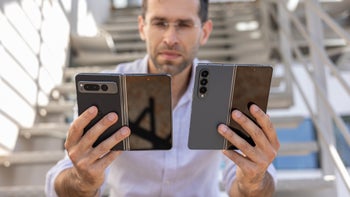
Intro
Samsung kickstarted the folding phone market four years ago with the Galaxy Fold series and it deserves all the credit for that, but... since then, it has been the only option in town and quite frankly, things have gotten a bit stale and boring.
Thankfully, those who want a foldable phone now have a second option: the Google Pixel Fold.
Google bets on a completely different form factor as instead of a tall and narrow screen, it goes with wider dimensions which also makes that front screen a lot more useful. Add an incredibly durable hinge, water protection, and a few software tricks, and the Pixel Fold certainly clears the bar for a flagship foldable. But is it actually better than the Galaxy? Let's find out.
Pixel Fold vs Galaxy Z Fold 4 in a nutshell:
- Similar size, but Pixel weighs more
- Pixel has a more durable hinge
- Triple rear camera on both phones
- Pixel has 5X zoom vs 3X on Galaxy
- Tensor G2 chip on Pixel is slower
- Same starting price at $1,800 on both phones
- Same-ish charging speeds
Table of Contents:
Read more:
Also read:
- Galaxy Z Fold 6 vs Galaxy Z Fold 4: Here's what’s changing and what's staying the same
Design and Display Quality
Pixel Fold has a totally different aspect ratio than the Galaxy
The main difference between these two is just the sheer size. The Pixel Fold is shaped like a passport, while the Galaxy Z Fold 4 is more like a TV remote.
The tall and narrow size of the Galaxy means the front screen is just not as good for typing, reading, or really doing most regular smartphone things as a wider screen. Sure, you can still do it all, and also check your notifications, but most of the time, you would want to unfold the phone for comfort.
Not so on the Pixel Fold. Its front screen has a very familiar size if you come from a traditional phone and you can just use it without having to unfold the phone. That's really a much bigger deals than you might think.
But also, we have to remind you that there are compromises compared to a traditional phone, and both these phones have those compromises. Yes, they fold out to a big screen, but also that means that they are thicker than a regular phone when folded (especially the Galaxy) and also... heavy!
The Galaxy Z Fold 4 weighs nearly 9.3 ounces, while the Pixel Fold is said to tip the scales at about 10 ounces. Compare this to 7.5 ounces for the Pixel 7 Pro and that is a heck of a difference! Imagine carrying that in your front pocket or even worse, imagine having to run with one!
But apart from this compromise, these are very well built devices. The Pixel Fold is a bit slimmer than the Galaxy and we appreciate this. Both feature a glass and metal construction, which is the norm these days, but what's more unusual is that both actually have a water protection, IPX8 rating. A nice touch!
On the inside, both come with a 7.6-inch main screen, but the Pixel is again wide while the Galaxy is tall.
Both screens support 120HZ for buttery smooth scrolling, though, so at least that is the same.
Both screens support 120HZ for buttery smooth scrolling, though, so at least that is the same.
However, one feature only Galaxy Z Fold 4 has is support for the S Pen. The S Pen does not come included with the Fold 4, but you can buy it separately and even keep it with the phone with a special case, one important reason that tips the scales in favor of Samsung.
When it comes to the screens, the Pixel Fold and Galaxy Fold 4 are different. The outer screen on the Galaxy is extremely narrow, while the Pixel has a wider outer display for easier typing and overall comfort.
For biometrics, the two rely on traditional fingerprint scanners built in the power key on the side of each device.
Performance and Software
Tensor G2 is far less powerful than Snapdragon 8+ Gen 1 on the Galaxy Fold 4
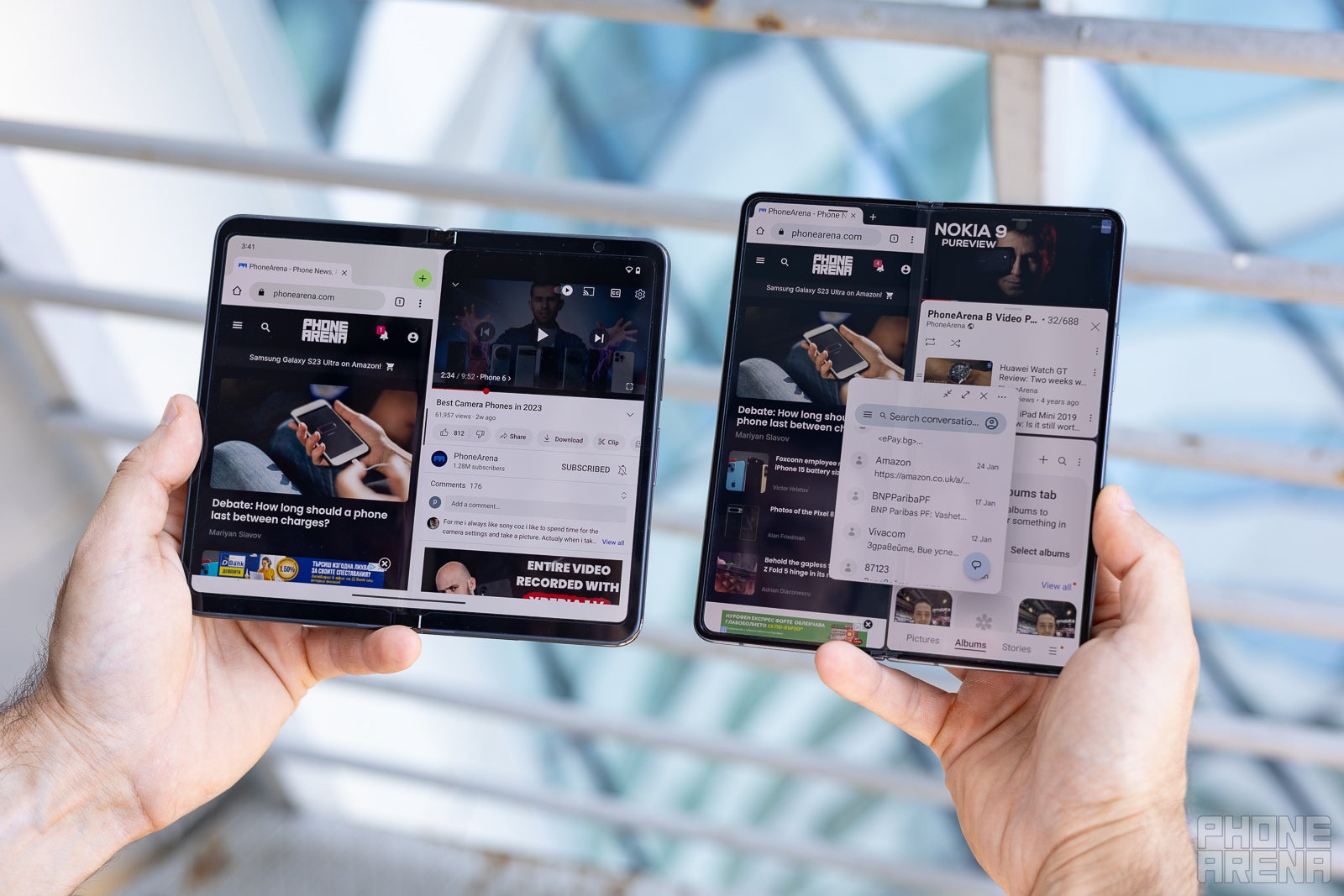
(Image Credit - PhoneArena)
The Pixel Fold might be newer, but it comes with Google's Tensor G2 chip which is still slower than the Snapdragon 8+ Gen 1 processor found on the Galaxy Fold 4.
And the next generation Galaxy Fold 5 will rock the even more powerful Snapdragon 8 Gen 2. So Google is definitely behind the curve in performance.
The Tensor G2 chip on the Pixel Fold is not a slow chip per se, but it's just not what we expect to see on a super premium device that costs nearly two grand.
For all else, both these phones hold back no punches. You get 12GB of RAM in even the base model, and storage starts at 256GB, which is good enough for most users.
For software, the Samsung phone has a slight advantage. Being ahead of Google in the foldable space, Samsung has introduced useful features like the dock, and multitasking is a breeze on the Galaxy as you can split-screen three apps and even have a foldable app on top of that. Multitasking on the Pixel Fold is limited to just two apps running side by side, and you can only resize them to either a 50/50 split or a 66/33 one. A third app or floating apps are not supported.
Another advantage is that the Galaxy Z Fold 4 comes with 4 years of major software updates and 5 years of security updates, while the Pixel Fold gets 3 years of Android OS updates.
Camera
Pixel Fold camera system is still shrouded in mystery
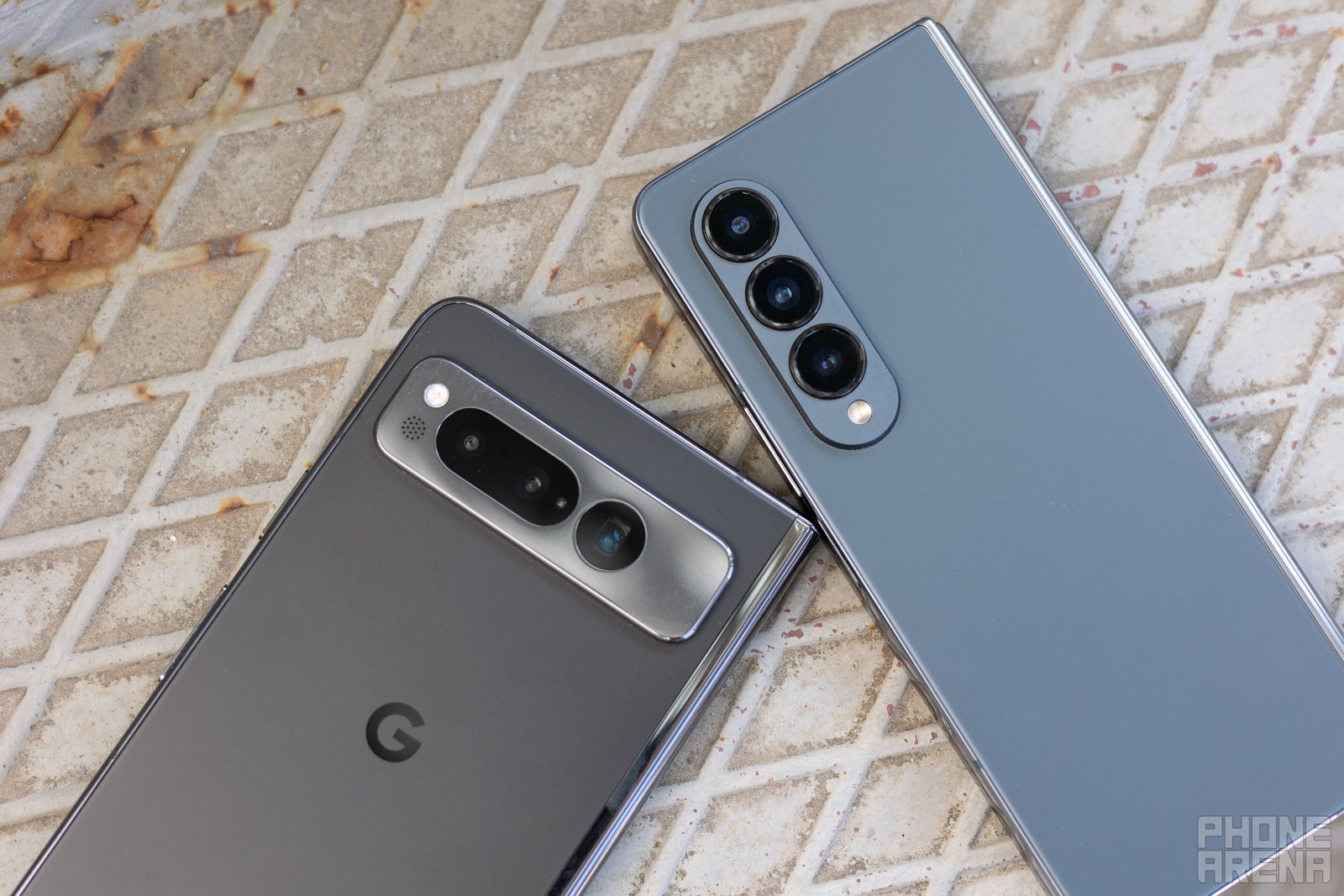
(Image Credit - PhoneArena)
Both Samsung and Google have a reputation for making excellent camera phones, and both foldables come with three rear cameras.
However, the actual photo quality and the processing is quite different.
The Galaxy Fold 4 uses a wide + ultra-wide + 3X zoom camera system, while the Pixel goes with a wide + ultra-wide, but the third camera is a longer-range 5X zoom one.
There are also front facing cameras on the outer and inner screens of both phones, but for selfies, Samsung and Google suggest using the rear cameras for higher quality selfies (just unfold the phone, flip it over, and use the outer screen as a viewfinder).
Main Camera
As you can see above, the main difference between the Pixel Fold and Galaxy Z Fold 4 camera is the color science. The vibrant colors out of the Samsung portray a very artsy and a bit unreal picture of reality, while the Pixel goes for a bit bleaker but actually more realistic photograph.
Detail is similar on the two, but with the Galaxy you have a few additional options like the choice to shoot full-res 50MP shots for a lot more detail, while the Pixel Fold can only capture photos at a 12MP pixel-binned resolution.
In low light we see that both phones are able to capture plenty of light and pleasing colors with some not so noticeable differences.
We think it's safe to call this one a draw.
Zoom Quality
When it comes to zoom quality, you can see how the Pixel Fold can leverage its native 5X zoom camera and deliver far better pictures at the range from 5X to 10X zoom, and further.
The Galaxy Z Fold 4 features a native 3X lens, though, so it performs better at those closer ranges.
This has repercussions when it comes to portrait mode too. Most people would find a 3X zoom level great for portraits, and the quality you get out of the Galaxy is indeed far better than the Pixel Fold. Portrait mode is a clear win for the Galaxy.
Ultra-wide
The ultra-wide shooter on the Pixel Fold is not quite as wide as the one on the Galaxy, but while that makes it a bit less versatile it has benefits when it comes to image quality.
Extremely wide cameras like the one on the Galaxy lose detail at the corners, while there is practically none of that with ultra-wide shots out of the Pixel Fold.
You can see the loss of detail particularly on night shots where detail in the shadows is not as well defined, and overall the image from the Pixel looks cleaner.
Video Quality

The Pixel Fold maxes out at 4K60 video recording, while the Galaxy Z Fold 4 allows you to also shoot 8K videos.
We don't thing you should lose sleep over that: most people would still use 4K video most of the time, so it's about the quality of said 4K footage rather than a resolution race in our opinion.
And the Galaxy has one important advantage over the Pixel when it comes to video: stabilization. Footage from the Pixel Fold looks a bit jerky and you need to be extra careful holding the phone with two hands and moving slowly to avoid having very unstable clips, while the Galaxy just does a far better job stabilizing all sorts of video footage.
Audio Quality and Haptics
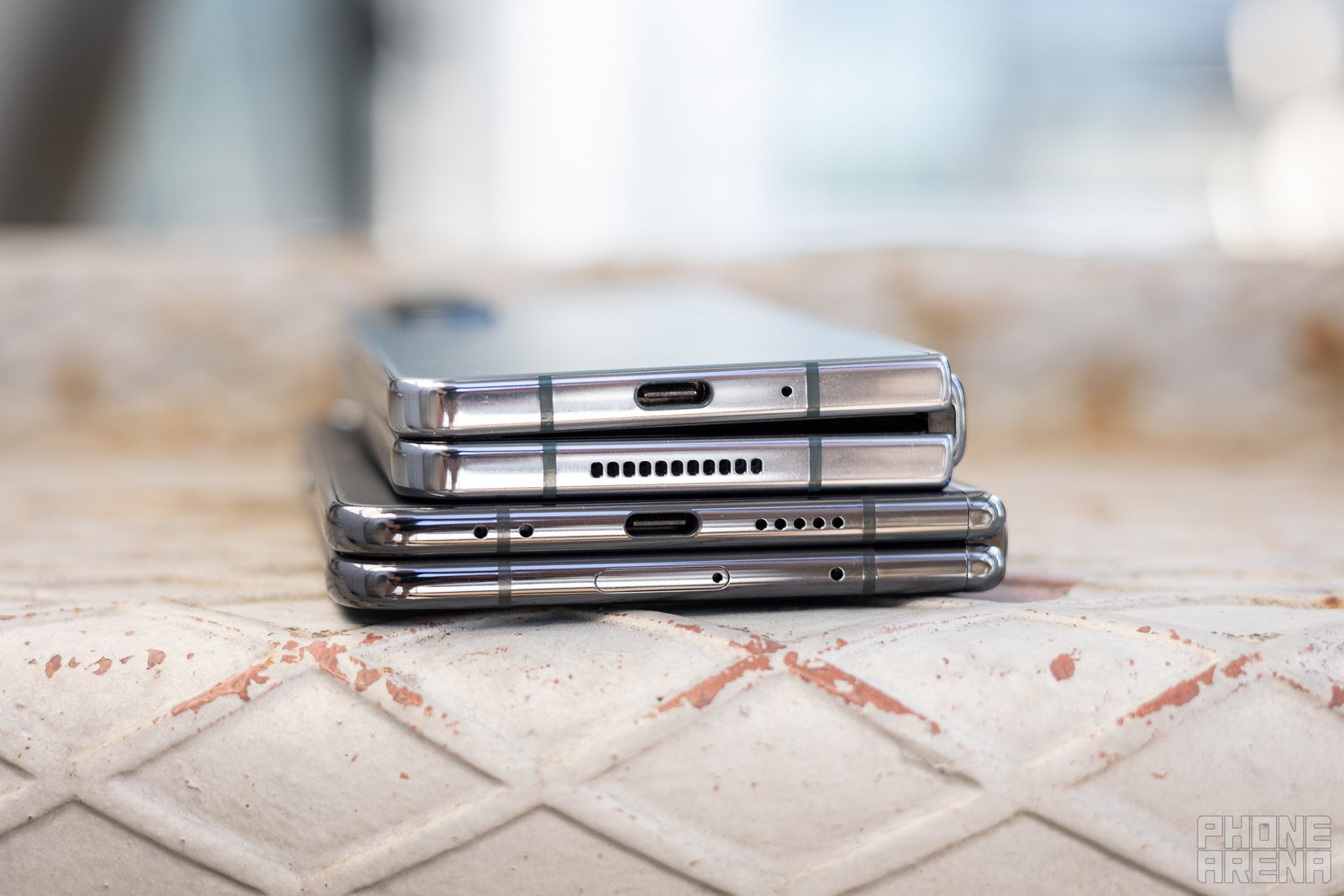
(Image Credit - PhoneArena)
Foldable phones have the benefit of being physically large and that helps that a more voluminous sound output from their loudspeakers.
The speakers on the Galaxy Fold 4 sound great, well above your average slab phone, with deeper lower tonalities and overall a good amount of clarity. The Pixel Fold has a very good loudspeaker quality too, but not quite at the level of the Samsung phone.
As for the haptic feedback, we feel the Pixel Fold is a bit on the weak side and we missed several calls while we had the phone on vibrate-only mode.
Battery Life and Charging
Pixel has the bigger battery size
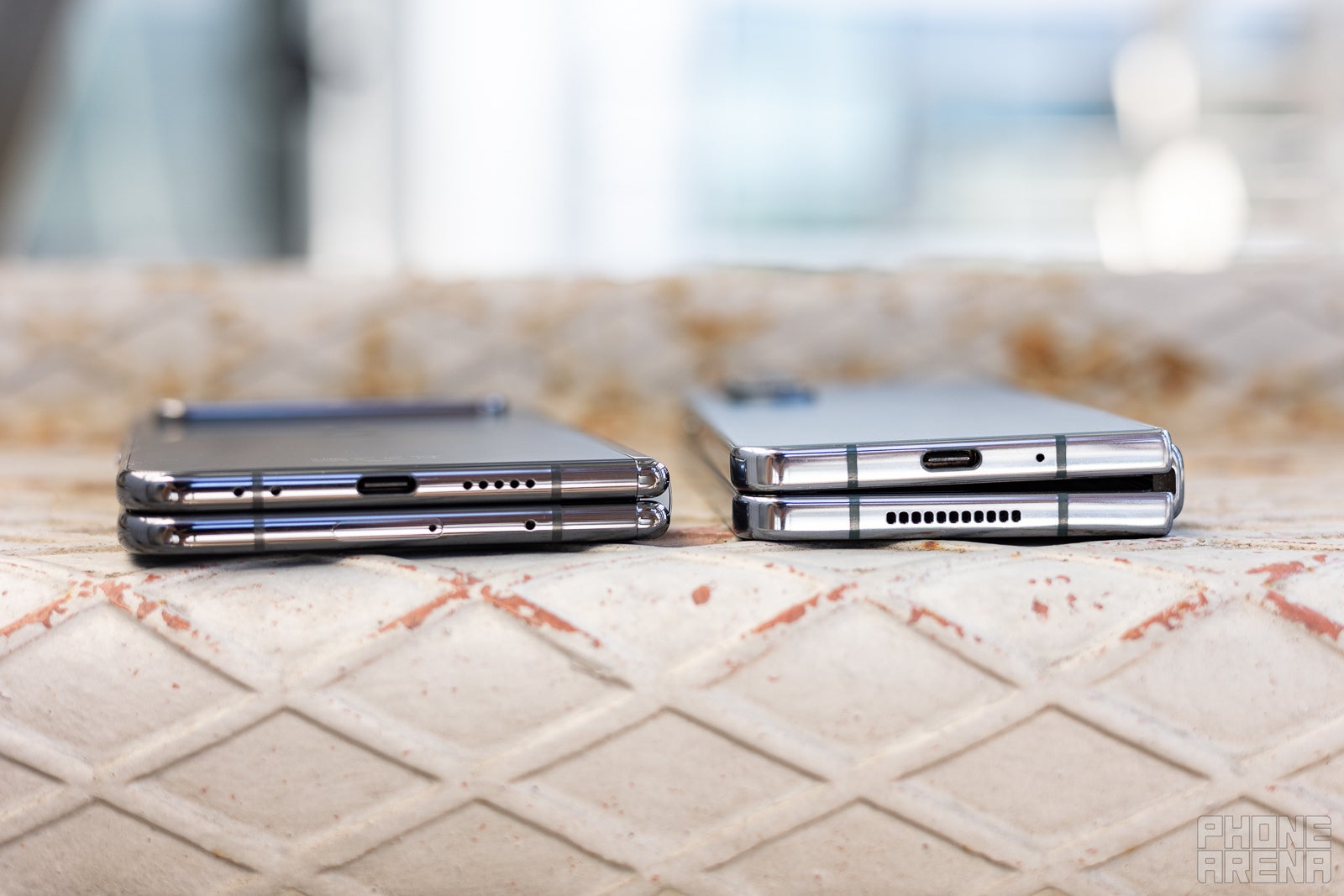
(Image Credit - PhoneArena)
Despite their large sizes when open, each half of the phones is actually quite thin, which makes it hard to stuff in a large battery in a foldable phone.
That's exactly the case on the Galaxy Z Fold 4, which comes with a 4,400mAh battery, less than the usual 5,000mAh battery you get on a non-folding phone.
The good news is that the Pixel Fold ups the ante with a 4,821mAh battery, nearly 10% larger than the Galaxy!
Interestingly, the Galaxy holds its ground and outlasts the Pixel Fold when it comes to our YouTube video streaming test, but the Pixel Fold lasts longer with web browsing and on our 3D gaming test.
In terms of charging speeds, the Galaxy maxes out at 25W wired charging speeds, while the Pixel Fold only supports 21W charging, so it is slower. We measured the following charging speeds for these two:
| Pixel Fold | Galaxy Z Fold 4 | |
|---|---|---|
| in 15 mins | 24% | 32% |
| in 30 mins | 47% | 59% |
| full charge in | 1 hour 32 mins | 1 hour 12 mins |
Both also support wireless charging, but again the Galaxy has the advantage with 15W speeds compared to just 7.5W on the Pixel.
Specs Comparison
Below, you will find the specs highlights for both phones, but don't forget that we also have an in-depth Google Pixel Fold vs Samsung Galaxy Z Fold 4 specs comparison with more details on supported bands, camera details and many other peculiarities.
| Specs | Google Pixel Fold | Samsung Galaxy Z Fold 4 |
|---|---|---|
| Size and Weight | Folded: 139.7 x 79.5 x 12.1 mm Unfolded: 139.7 x 158.7 x 5.8 mm 283g (10oz) | Folded: 155.1 x 67.1 x 15.8 mm Unfolded: 155.1 x 130.1 x 6.3 mm 263g (9.3oz) |
| Displays | Main: 7.6" OLED 10.8:9 ratio 120Hz Cover: 5.8" OLED 17.4:9 ratio | Main: 7.6" OLED 9:10.8 ratio 120Hz Cover: 6.2" OLED 23.1:9 ratio |
| Processor | Google Tensor G2 | Snapdragon 8+ Gen 1 |
| RAM, Storage and Price | 12/256GB for $1,800 12/512GB for $1,920 | 12/256GB for $1,800 12/512GB for $1,920 12/1TB for $2,160 |
| Software | Android 13 | Android 13 with One UI 5.1 |
| Cameras | 48MP Wide camera, 10.8MP Ultra-wide, f/2.2 10.8MP 5X Zoom, f/3.05 9.5MP Outer front cam 8MP Inner front cam | 50MP Wide, 23mm f/1.8 12MP Ultra-wide, 12mm f/2.2 10MP 3X Zoom, f/2.4 10MP Cover screen front cam 4MP under-screen |
| Battery Size | 4,821 mAh | 4,400 mAh |
| Charging Speeds | 21W wired 7.5W wireless | 25W wired 15W wireless |
As we've already mentioned earlier, the differences that really stand out are the heavier weight of the Pixel Fold, but also the less impressive Tensor chip that it uses.
Summary and Final Verdict
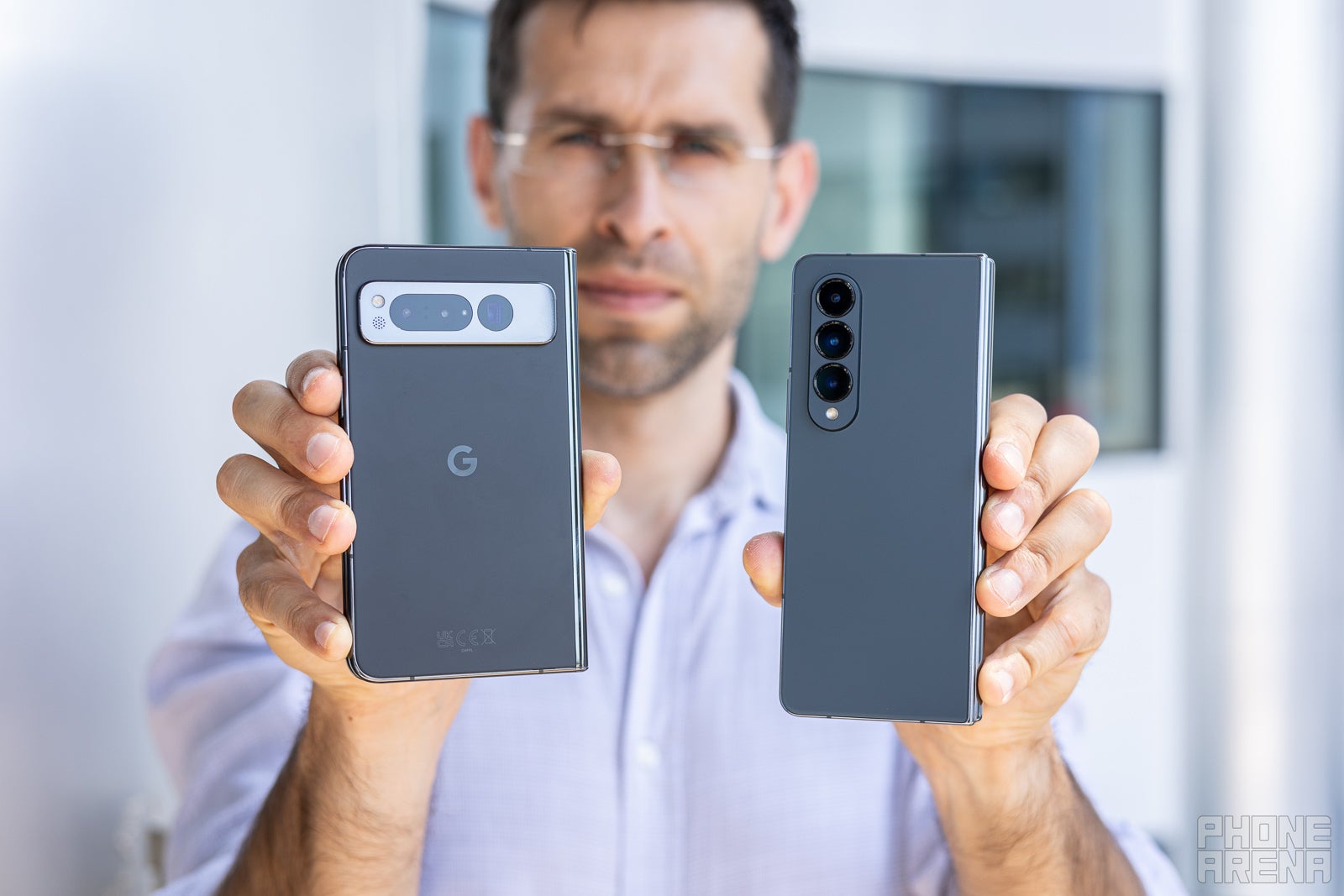
(Image Credit - PhoneArena)
At the end of the day, the Pixel Fold brings something new to the foldable phone space and it is the new form factor, which changes the way you use your folding phone fundamentally.
The clean Google software is another advantage, and so is the bigger battery size, the durability of the hinge and the water protection that matches the Galaxy.
The Samsung Galaxy Z Fold 4, however, still feels like the more mature product and that is important for a folding phone.
It has passed the test of time, there are no major glitches. The Galaxy also offers 4 years of software updates, it has more software features, it supports the S Pen, and the multitasking features are more advanced.
So... which one would you choose?

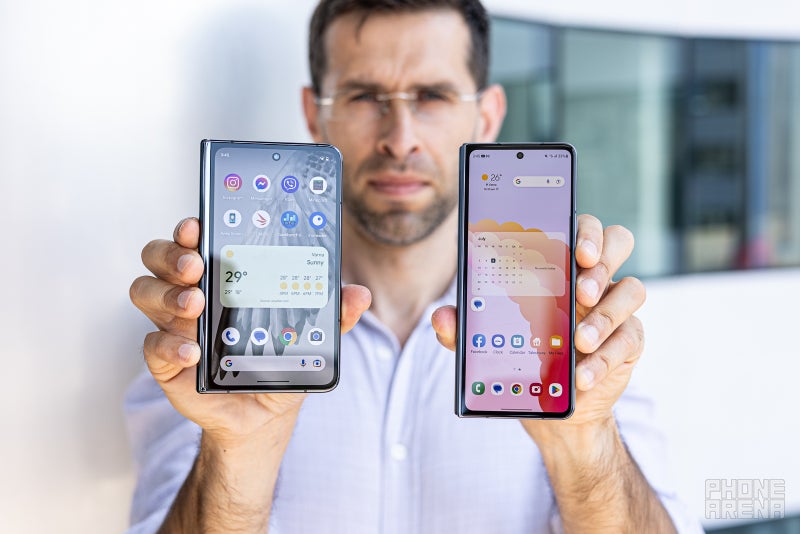
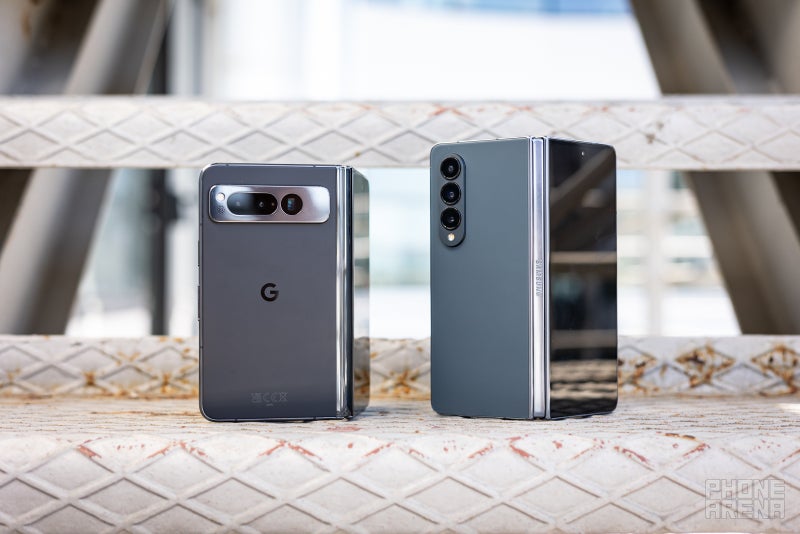
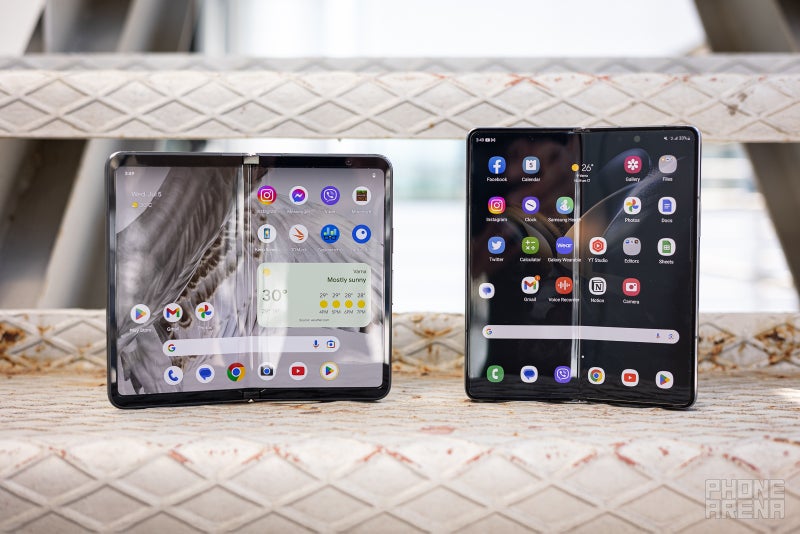
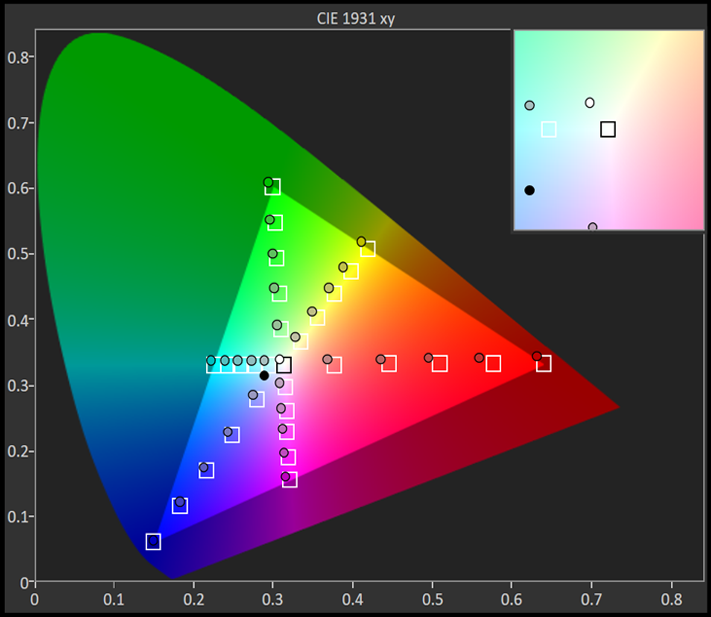





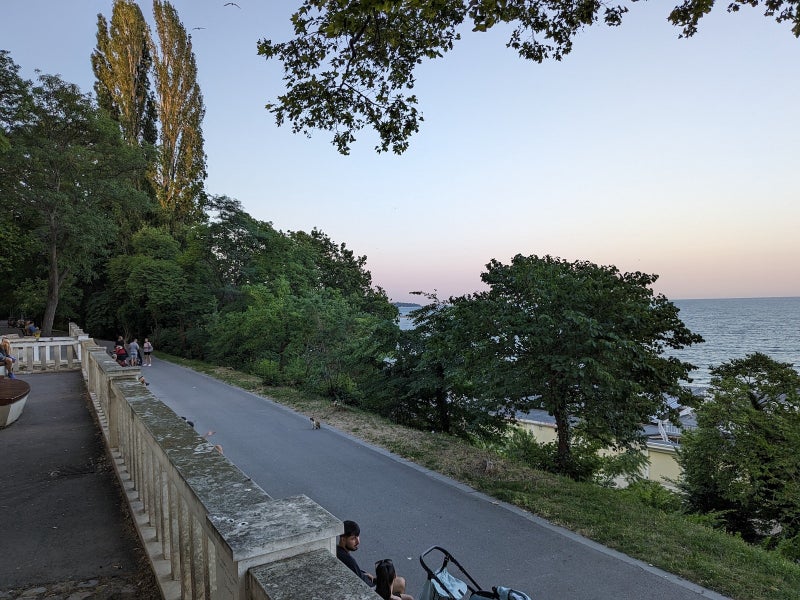

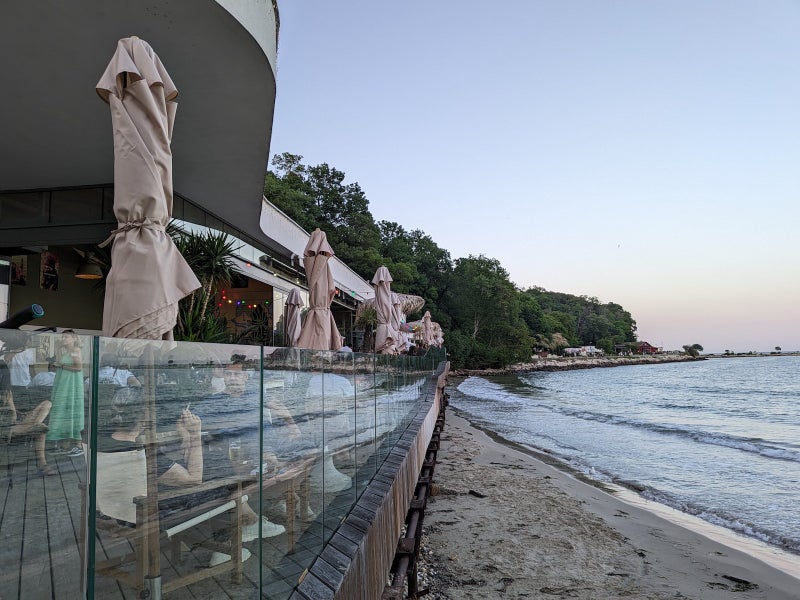










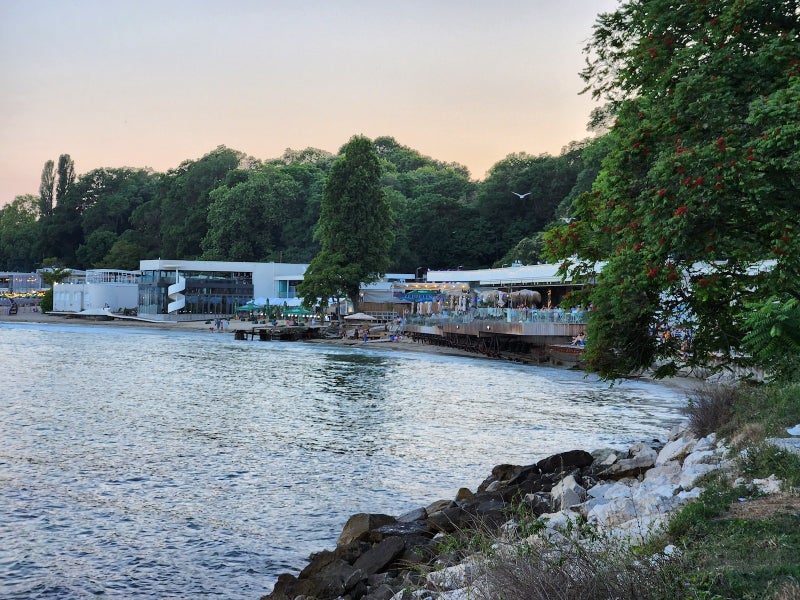
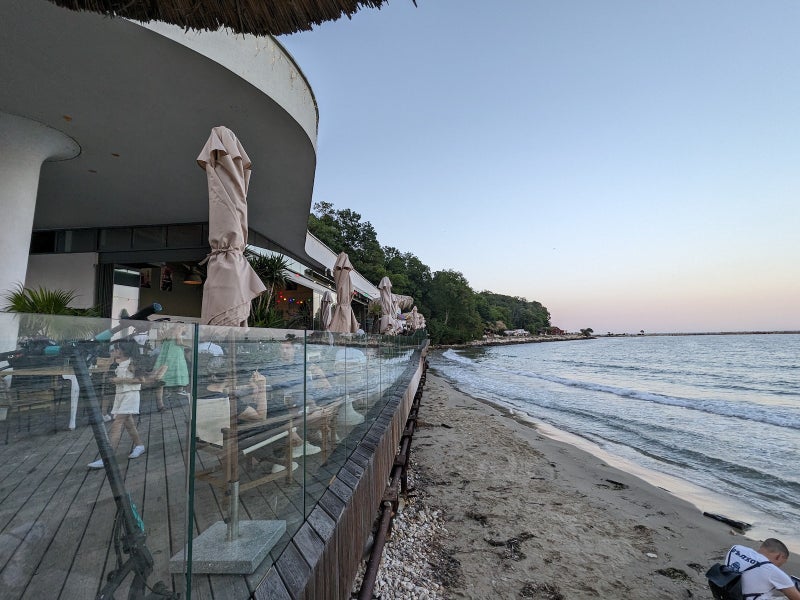
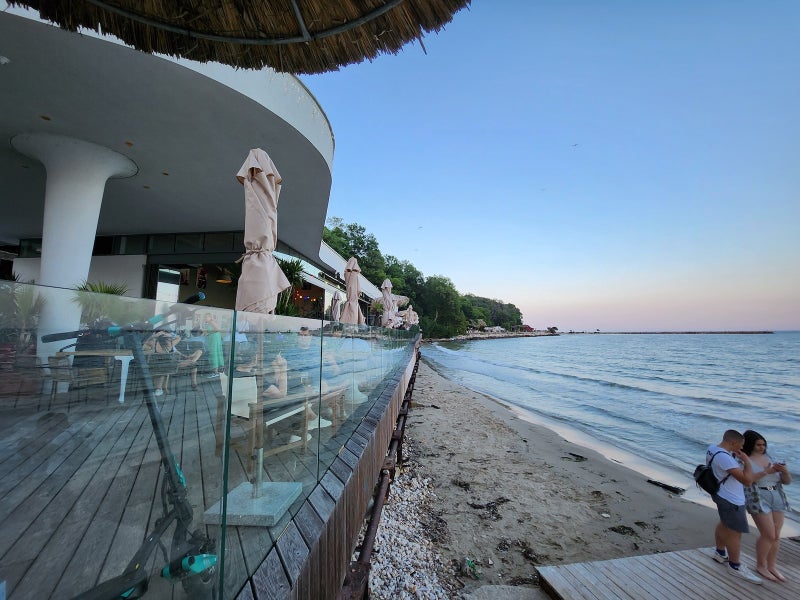










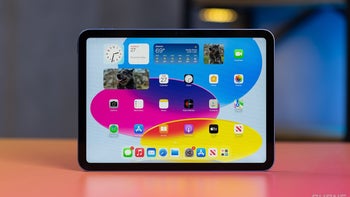
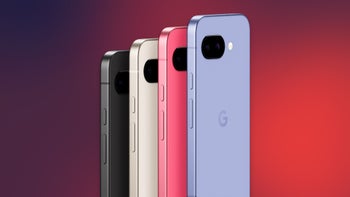
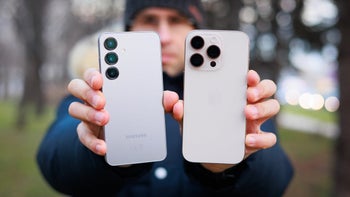
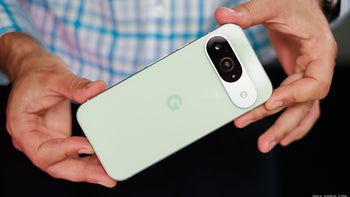
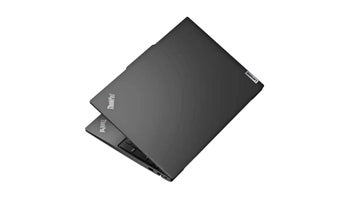






Things that are NOT allowed: